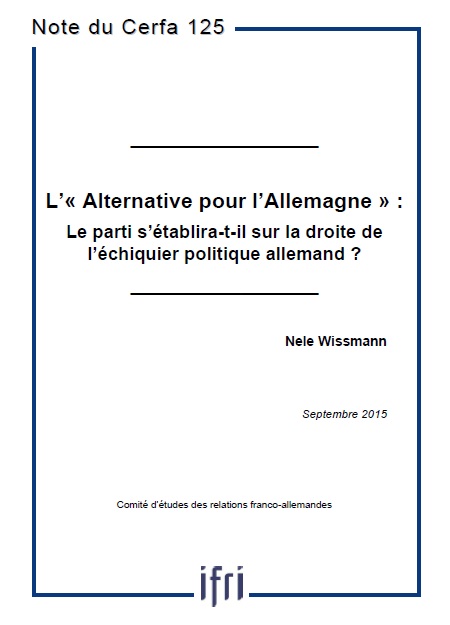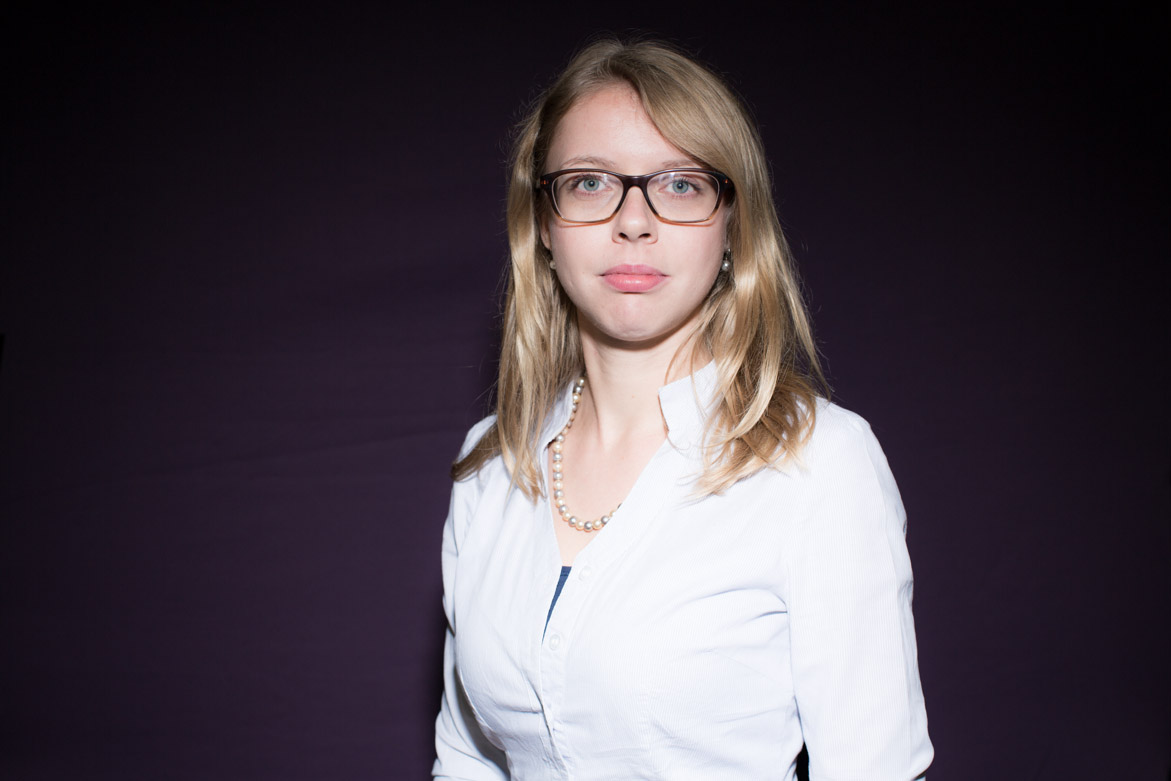Will the party “Alternative for Germany" be able to establish itself on the German political landscape?

Only a few months after it had been founded, the Alternative for Germany party (AfD) won 4.7% of the second votes in the federal elections, on 22 September 2013 – only 130,000 short of what was required for entry into the German Bundestag. Party and election researcher Oskar Niedermayer called it a "successful failure".

In fact, the anti-euro party mobilized voters much faster than any other new party at the federal level has done previously. While party researchers forecasted that the “single-issue party” would only briefly be part of the German party system, in the European elections of 2014 the AfD achieved more than a succes d'estime, winning 7% of the votes.
Infighting between the party’s liberal-conservative and national-conservative wings led to the former, more moderate wing splitting off, and forming a new party, the Alliance for Progress and Renewal (Alfa).
The AfD, which has been turning increasingly into a “multi-issue party” with a (right-wing) populist profile, is getting 5% support according to recent opinion polls. This must certainly be seen in the context of the ongoing refugee crisis. Whether the party will beat the 5% threshold needed to enter the Bundestag in 2017 yet remains to be seen. It is nevertheless clear that there is room for an “antiestablishment party" on the right wing of the political spectrum in Germany.
This paper is published in French – L’« Alternative pour l’Allemagne » : Le parti s’établira-t-il sur la droite de l’échiquier politique allemand ?
It is also published in German – Die „Alternative für Deutschland“: Gekommen, um zu bleiben?
Related centers and programs
Discover our other research centers and programsFind out more
Discover all our analysesThe Franco-German Brigade and the Revival of European Defense
One thing has been clear since Donald Trump's return to the White House: the very existence of the European unification project is threatened. Unless it develops a sovereign defense policy to counter the war in Ukraine and the weakening of American security guarantees, the European Union will continue to see its internal cohesion and external attractiveness wane.
Friedrich Merz and the Zeitenwende 2.0. A “New Era” for Transatlantic Relations?
On February 23, 2025, almost 60 million voters were called upon to elect a new Bundestag. These elections will also give rise to a new government in Europe's largest economy.
After the Elections: Germany in Search of Shaken Stability?
With a voter turnout of 82.5%, Germany recorded its highest participation since 1987—an increase of 6.1 percentage points compared to 2021. As in the previous election, the high turnout particularly benefited the Alternative for Germany (AfD), which was able to mobilize many former non-voters. Many voters sought to punish the outgoing government with their ballots, as its approval rating had dropped to just 14% before the coalition broke apart in November 2024. Germany is now very likely heading toward a grand coalition between the CDU/CSU and the SPD, with exploratory talks having begun on February 28.
The German Greens as an Alliance Party: The End of an Illusion?
At the Wiesbaden Congress in November 2024, Robert Habeck, currently Minister for the Economy and Climate, was nominated as the Green Party’s candidate for the Chancellorship in the early parliamentary elections on February 23, 2025. The party, founded 45 years ago, is now firmly established in the German political landscape. Wishing to turn the page on an unloved ‘‘traffic light’’ coalition, the party is banking on a personal campaign and an optimistic discourse based on the energy transition and social justice.











